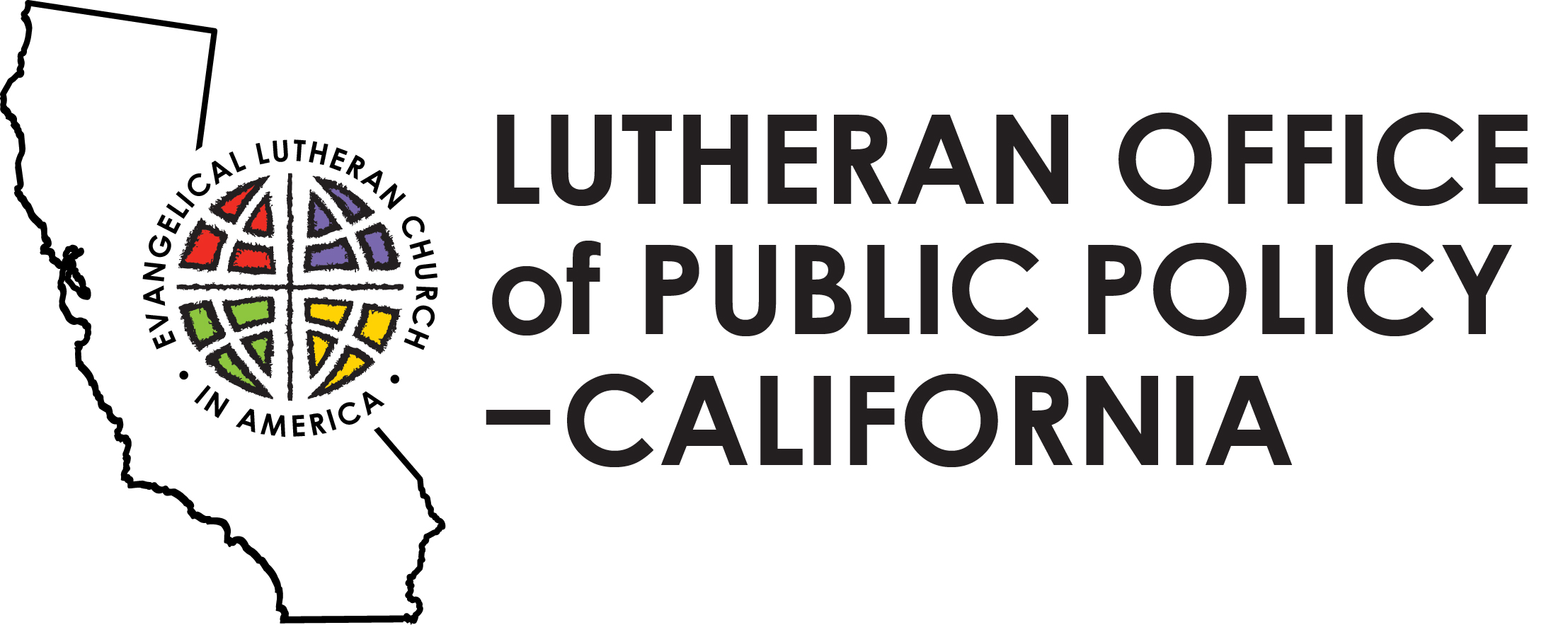Navigating the complicated terrain of theocracy at the UN climate conference
By Regina Banks
This post was originally posted in the Austin Chronicle on November 23, 2025.
The Gender Action Plan (GAP) is a key component of the Enhanced Lima Work Programme on Gender (LWPG), which aims to integrate gender equality into all aspects of climate policy and action. The GAP provides clear guidance for countries to implement gender-responsive climate policies and actions – policies that recognize that climate impacts are not gender-neutral and that women, girls, and gender-expansive people are disproportionately affected. The LWPG was established in 2014 and has undergone several reviews and extensions, with the most recent decision stretching its mandate for 10 more years. The new iteration of the GAP was developed at the Subsidiary Body for Implementation (SB62) in June 2025, with a draft decision now up for consideration and, hopefully, adoption here at COP30. These workstreams on gender intersect with the other major tracks – Adaptation, Mitigation, and Loss and Damage – because gender justice is not an ancillary concern but a thread woven through the whole climate tapestry.
Within the negotiations, I caucus with the Women and Gender Constituency (WGC), which has put forward a comprehensive and compelling set of recommendations for the GAP. The WGC’s demands aim to drive measurable, gender-transformative action and secure the resources necessary for implementation. These proposals come directly from communities experiencing multiple, layered impacts: women defending land rights, Indigenous women safeguarding forests, girls denied education due to climate-driven displacement, and gender-diverse people whose livelihoods and safety are threatened by climate instability. The WGC Demands for COP30 – well worth reading in full – are grounded in lived experience and proven community-based solutions.
And yet, these community-based solutions are under attack on several fronts, notably by theocracies like Saudi Arabia and the Holy See.
For me, as a faith-based advocate in international problem-solving spaces, theocracy presents a peculiar problem.
Every government is subject to hardline positions and orthodoxies. Democracies, monarchies, republics, parliaments – all have the capacity to assert their ethical boundaries in ways that would shock the conscious elsewhere. But theocracies add a new layer to that problem: They attribute those assertions to God. They project their political choices as divine will, wrapping policy positions in sacred language in ways that attempt to shield them from scrutiny in ways that are neither accountable nor correctable through the usual diplomatic tools.
The existence of true theocracies sometimes makes me defensive about the nature of the work I do. I speak as a person of faith and as a member of a church; I advocate in the name of teachings that shape my moral imagination. And yet I am firmly convinced – convicted, even – that governments function best when they are separate from the church. I come to the UNFCCC space representing a faith-based organization but not as someone attempting to legislate scripture or impose doctrine. Instead, my grounding is in a tradition that commands us to protect the vulnerable, tend creation, and ensure the flourishing of all people.
In international spaces, I caucus with religious leaders from across the world – people with sincerely held beliefs based on religious laws and doctrines that affirm, for example, that the planet ought to be protected, vulnerable communities deserve to be shielded, and human flourishing is the will of the divine. These leaders and advocates bring moral clarity, historical wisdom, and spiritual courage to the negotiations, calling for justice where politics alone has failed.
However, when people professing those same beliefs act in the name of governments or nation-states and use religious vocabulary to derail needed action, the dynamic shifts. When “religious freedom” becomes the justification for blocking inclusive language, stopping gender-responsive financing, or undermining human rights protections, it muddies the waters I have to swim in. It forces those of us who speak from a place of faith to clarify – over and over again – that our advocacy does not align with theocratic control, that our moral imperatives do not require the silencing of others, and that our sacred texts do not excuse injustice.
The paradox is stark: The climate crisis requires moral courage and spiritual imagination. Yet some of the loudest religious voices in this process deploy theology not to advance justice but to obstruct it. And in doing so, they make the work of faith-rooted advocates even more necessary.
Faith is not the problem. Theocracy might be. And here at COP30, that distinction matters more than ever.


